They Don’t Need Us, But We Need Them
This morning I wasn’t planning to sit still. I hadn’t in weeks. Life at the farm doesn’t really let you — not for long. There’s always something leaning or broken or ready to bolt. Fences, goats, weeds, emails. The list feels like it breeds overnight.
But for some reason, I stopped. I sat on the back step with a lukewarm cup of tea and didn’t reach for anything. Not my phone. Not a notebook. Not even a to-do.
And then — the yellow-tailed black cockatoos.
Not all at once. First, just that sound, like an old hinge creaking open somewhere in the sky. Then shadows — those strange shapes, wings wide, laughing as they pass. They always sound like they know something I don’t.
They’ve been my birds for a long time now. I don’t really understand why. But they always come when I’m on the edge of forgetting how to breathe. Not in the meditative sense — the literal one. That shallow, stressed breath I take when I’m chasing time.
One moment they truly found me, I was camping with my dear friend Betty. We were tucked into a little pocket of bush in Kurangai National Park. I’d risen early, zipped quietly from the tent, and sat cross-legged outside in the cool morning. I was mid-meditation when I heard them. When I opened my eyes — there they were, only metres away. Dozens of yellow-tails, watching silently from the trees like soft-winged ancestors. No fanfare.
Just presence. I didn’t move. I barely breathed. It felt like being handed a blessing I didn’t know I needed.
That’s the thing with birds, isn’t it? They pull you out of yourself. Or maybe they pull you in.
I didn’t grow up on Australian birds. My first were English — robins, curious and close. Blue tits, darting through hedgerows. A kingfisher once, bright and gone in the same second. They felt like magic you could miss if you blinked. Still do.
But here, on Peramangk Country, I’ve found wonder in new, wilder dialects. Through the wagtails, always looking busy. Through the spiny-cheeked honeyeaters who sound like they're trying not to laugh. Through the galahs, their pink laughter startling the stillness.
And through the yellow-tails, who feel like family. They’re grief and joy in a single flight. As if they’re carrying both — and showing me how.
It was Sue who started all this, in a way. She came out to the property years ago with her friend Alan, doing one of those proper bird counts. I tagged along between tasks, not really paying attention, until she showed me a photo on her camera.
"Where did you see that one?" I asked.
She looked at me like I’d missed the joke. "Here. That’s from your place." It was a rainbow bee eater!
That was the beginning.
I now call myself a ‘proud twitcher’ — there’s a bird app on my phone, binoculars on the dash, and a slightly embarrassing level of excitement whenever I see a red-capped robin.
It’s official. I’m in.
I don’t know how to explain what birding does to me. The world doesn’t ask me to be slow. It asks for answers, speed, certainty. Birdwatching offers none of those things. That’s the gift.
There is no productivity in it.
Which might be why it matters so much to me.
You don’t win anything. There’s no metric.
You sit. You wait. Maybe nothing happens. Maybe everything does. And in that waiting, something inside you softens. You lose track of yourself in the best way.
Sometimes I wonder if the birds know I’m watching. I think they do. Not in a mystical sense, but in the way that all wild things know when you’ve dropped your armour. They come closer when you’ve stopped trying.
And here’s the thing I keep circling around, the quiet truth of it:
The birds would go on without us.
But would we go on without them?
Sometimes I try to imagine what it would be like without the sound of birds.
Not because I want to — but because I fear it.
The sound of Australia is birdsong. It’s part of the land itself. The raucous joy of a cockatoo wheeling The belly laugh of the kookaburra. The cheeky chatter of babblers, the early-morning murmur of doves. It’s not just a backdrop — it’s the whole atmosphere. Without them, this place would sound hollow. Off-key. Like something vital had gone missing.
They are more than song. More than colour. They are orientation. Sanity. Proof that something is still working. That something is still singing in spite of everything.
They don’t need us. Not really.
But I need them. I need birds to remind me how to live. Not efficiently. Not competitively. But gently. Quietly. Attuned.
And I want to be someone who knows how to listen.
So I’ll keep showing up, cup of tea in hand, heart cracked open just enough. I’ll keep making room for them to arrive.
Because even if they don’t — I want to be someone who remembers how to wait.
